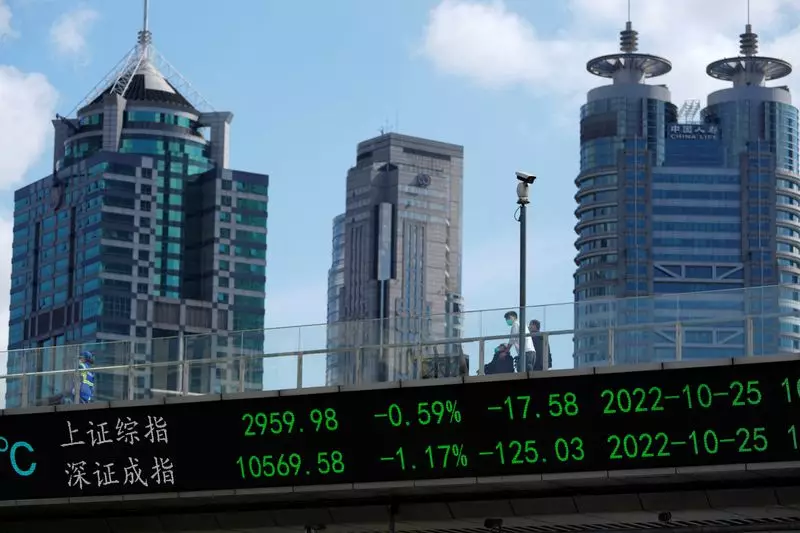The attempted assassination of former President Donald Trump on Saturday has sent shockwaves across the world, with Asian markets being the first to feel the impact. Analysts are closely watching to see if this event will strengthen Trump’s election hopes, leading to potential ‘Trump-victory trades’ such as a stronger dollar and a steeper U.S. Treasury yield curve. As Asian assets react to this news, the global financial landscape hangs in uncertainty.
Even before the recent violence, investors in Asia were faced with a host of challenges and opportunities. From snowballing U.S. rate cut expectations to suspected Japanese FX intervention, the market is abuzz with activity. Additionally, China is set to release a deluge of economic data including second-quarter GDP, industrial production, retail sales, and unemployment figures. The soft U.S. inflation numbers from last week could provide a glimmer of hope for the ‘risk on’ sentiment if U.S. bond yields and implied rates ease.
China, Asia’s largest economy, continues to grapple with a prolonged property crisis that has impacted consumer confidence, investment, and overall demand. Analysts are anticipating a modest growth rate of 1.1% from the January-March period, resulting in a year-on-year growth of 5.1%. However, these figures would be lower than previous readings, indicating ongoing challenges in the Chinese economy. The looming specter of deflation, coupled with bleak trade and lending figures, paints a grim picture for China’s economic future.
While Japanese markets are closed for a holiday, the yen remains a focal point of attention. Following its recent rally, the yen is trading near a four-week high against the U.S. dollar. Speculation abounds regarding a possible intervention by Japanese authorities amidst the currency’s sharp rise. This move has led to a significant short covering rally, with hedge funds holding their largest net short yen position in 17 years. The mounting pressure has caused a 2.4% slump in Japanese stocks, raising concerns about further market volatility.
In other parts of Asia, India’s wholesale price inflation is expected to rise sharply to a 3.5% annual rate in June from 2.6% in May. This increase could have broader implications for the region, as inflationary pressures in one country often spill over into neighboring economies. As Asian markets navigate through these uncertain times, investors are advised to exercise caution and closely monitor developments in the U.S. political landscape and their subsequent impact on global financial markets.

